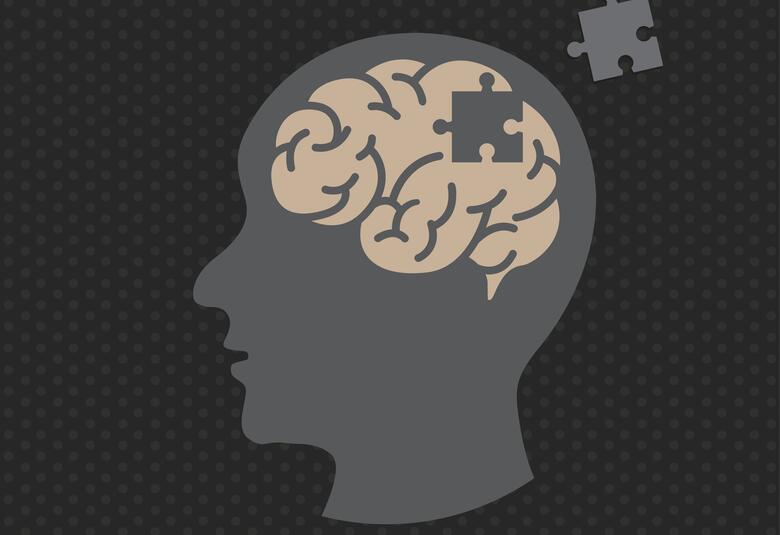Cognitive dysfunction is a core feature of depression that often persists in ‘remitted’ patients. Concerted efforts to better manage and study this aspect of depression are high on the agenda, as witnessed in the scientific programme for CINP 2016. We report highlights from a session entitled “Cognitive dysfunction in depression: enabling discovery and treatment development”.
Management and study of depression – with its strong focus on affect, mood and emotion – has for a long time underplayed the importance of cognitive dysfunction as a core feature of depression. At a 2016 CINP scientific session, the need for discovery, development and translation in the domain of cognitive dysfunction in depression was stressed by co-chair and presenter Professor Barbara Sahakian, Professor of Clinical Neuropsychology at the Department of Psychiatry, University of Cambridge, UK.
Professor Sahakian reminded delegates that cognitive deficits often persist in remitted patients, impacting on their ability to return to work, education and normal function. She spoke of the importance of better and earlier detection and treatment of depression and the fact that untreated or undertreated depression leads to poorer response rates, more relapse and greater disease chronicity.
Mental capital
Cognitive deficits and dysfunction, she said, contribute greatly to the financial losses associated with depression, where both absenteeism and presenteeism contribute to loss of productivity. Professor Sahakian spoke about the importance of considering both mental well-being and mental capital – where a person’s ‘mental capital’ encompasses their cognitive and emotional resources and resilience in the face of stress. The term ‘capital’ rightly associated with ideas of financial capital as well as the ‘capital’ of the mind.
Early biomarker for depression
Professor Sahakian said that cognitive dysfunction is not simply a residual domain in depression but a core aspect of depression and possibly an early biomarker for depression. She said researchers in Cambridge are looking for cognitive biomarkers for in adolescents – for example looking at oversensitivity to negative feedback and negative attentional bias as potential predictors for the later development of depression.
Hot and cold
Professor Sahakian asked the audience how familiar they were with the concepts of hot and cold cognition, explaining that cold cognition is the term used to describe broadly non-emotional cognitive functions, while hot cognition includes emotional, often time-limited cognitive functions where there may be a conflict between risk and reward. Hot cognition includes negative attentional bias and responses to negative feedback.
Depression affects both hot and cold cognition and Professor Sahakian reminded delegates again that cognitive dysfunction in depression is the biggest barrier to rehabilitation. Forgetfulness, difficulty focussing – cold cognitive impairments, and sensitivity to negative feedback – hot cognitive impairments, are features of cognitive dysfunction that can make return to work or education very difficult. Professor Sahakian said that cognitive deficits in remitted depression are also associated with higher depression relapse rates.
Other speakers in the session reported on clinical studies looking at the impact of antidepressant agents on cognitive dysfunction in depression and remitted depression, and described some of the challenges and new methods and ideas that will be needed for continued drug discovery and exploration of this domain of depression.
Our correspondent’s highlights from the symposium are meant as a fair representation of the scientific content presented. The views and opinions expressed on this page do not necessarily reflect those of Lundbeck.




